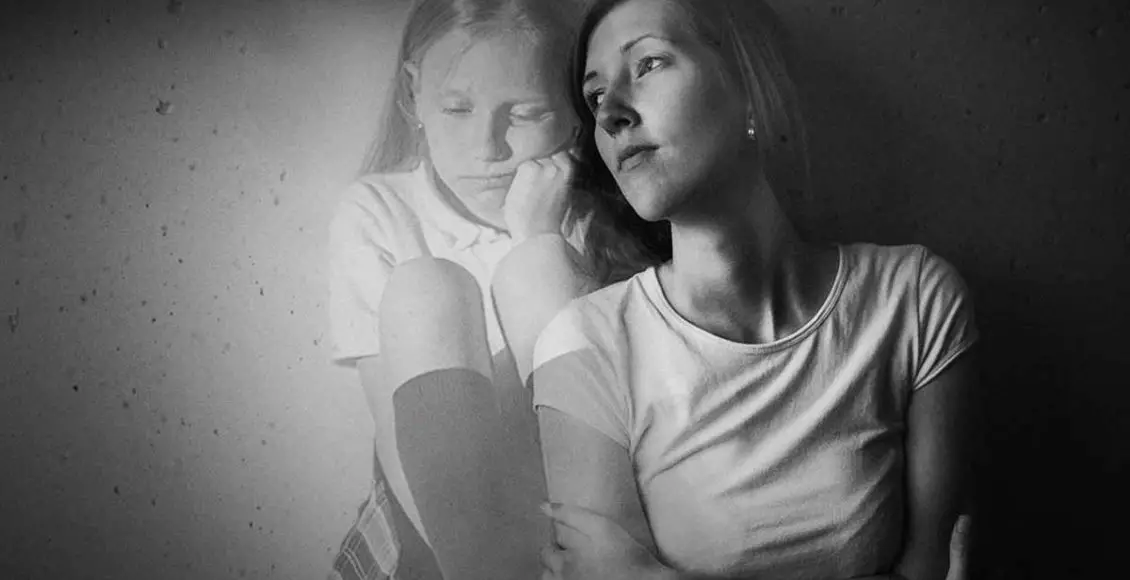Common Behaviors Displayed By Adults Who Went Through Childhood Trauma, And How To Deal With It Effectively

My past has not defined me, destroyed me, deterred me, or defeated me; it has only strengthened me. ~ Steve Maraboli
Whether you experienced or witnessed violence as a child, or you were emotionally neglected by your parents/caretakers, when you are raised in a traumatic environment, you are likely to show signs of trauma as an adult.
While there are many ways in which childhood trauma can impact us, here we will examine some of the most common ones.
Fear, Panic Attacks, and a State of Constant Tension:
Whatever has made them suffer as children can still make adults extra jumpy. Whether it be the sight of a large, threatening animal, the strong smell of alcohol, or being inside a speeding vehicle, triggers can come in all shapes and forms, depending on personal experience.
It is important to face our fears and deal with them head-on, in order to move on and break the shackles of trauma.
Passive-aggressiveness:
Children who have experienced constant violence in their households can categorize all forms of aggressiveness as absolute taboos in their adulthood.
What is the result of constantly suppressing emotions of anger?
Many tend to convert their anger into passive aggressiveness. But not being able to express feelings of anger and stand up for ourselves when it is necessary can sometimes lead us down a dangerous path of no return.
Bottling up feelings of negativity for too long can lead to an explosive state of rage which can cause even our loved ones to distance themselves from us. One way to deal with this problem is through familiarising ourselves with the psychology of the “Shadow”.
Coined by psychologist Carl Jung the term “Shadow” stands for the dark but necessary to come to terms with side of our psyche.
“Because one tends to reject or remain ignorant of the least desirable aspects of one’s personality, the shadow is largely negative. There are, however, positive aspects that may also remain hidden in one’s shadow (especially in people with low self-esteem, anxieties, and false beliefs.
Jung explains: “Everyone carries a shadow, and the less it is embodied in the individual’s conscious life, the blacker and denser it is. At all counts, it forms an unconscious snag, thwarting our most well-meant intentions.”
Thus, finding the balance between the angel and the demon within you will unlock your true potential.
Victimhood thinking and passivity
People who were abused as children might develop a mental state of victimhood thinking when growing up. They will find it safer to follow orders instead of giving them, obeying quietly in order to avoid possible confrontation.
This kind of negative self-attitude, however, will only disempower them further, and make them feel they have lost control of their lives.
The next time you feel as if you don’t have a choice in a matter that concerns you, remind yourself that you are stronger and more capable than you might think…


